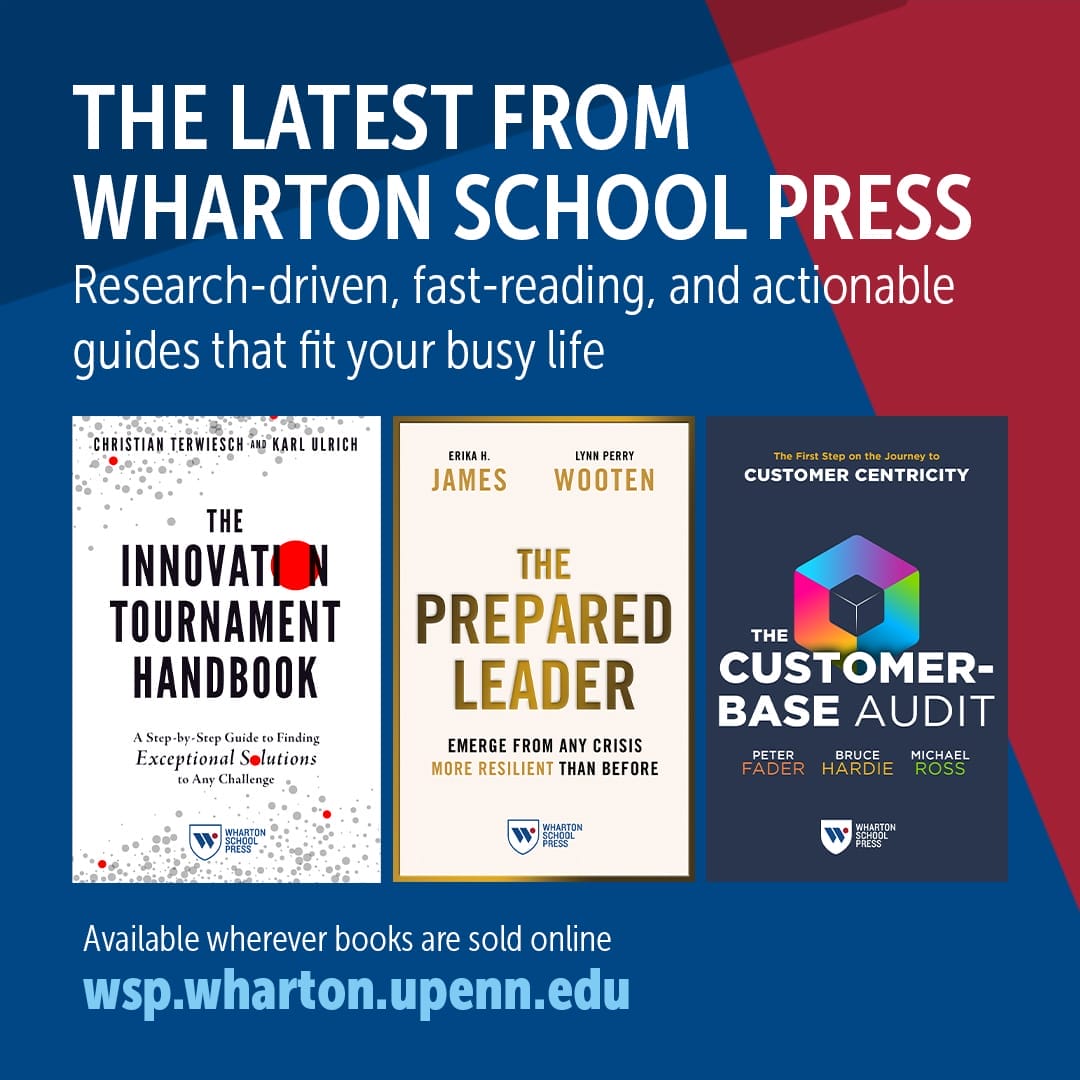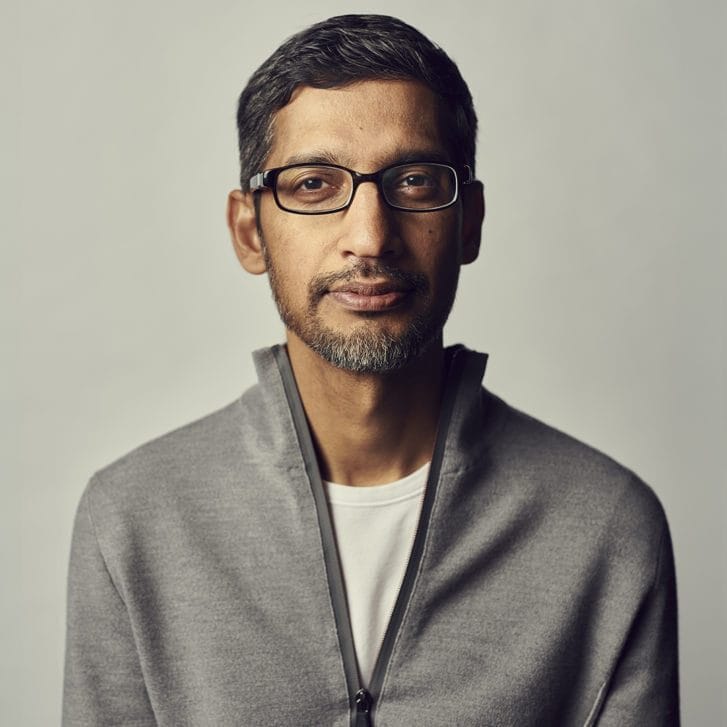“Convergence” is a buzzword (think: Netflix making House of Cards or Comcast as a broadband provider). Google’s Alphabet announcement in August brought new meaning to convergence, merging in novel ways finance, entrepreneurship and innovation, and startups and mature organizations.
To start, we now know Wall Street and Silicon Valley are not such radically different worlds after all. In March, Google made waves by hiring then-Morgan Stanley CFO Ruth Porat WG87 to bring big business savvy and discipline to the fun and quirky Google campus in Mountain View, California.
Cultural misfit or business fit, some wondered. A quickly trusted leader with the ear of Sergey Brin and Larry Page, it now seems clear. Porat is the new CFO not only of Google but of Alphabet as well. She is also seen as a major player behind the big corporate restructure.
Reading between the lines, Porat is on the same page as Google’s founders, with three core tenets to the go-forward plan:
First, allow the core of Google’s business (search, Android, email) to focus exclusively on what has made the company a titan, under new CEO Sundar Pichai WG02, who already had responsibility for these products.
Second, incubate radical new ideas, like driverless cars and contact lens computers, the chance to develop in an entrepreneurial spirit outside Google’s business core, but backed by all of the company’s immense financial muscle.
Third, wrap everything up in high-quality financial supervision and management oversight, not in a heavy-handed way to stifle innovation but with a light and sophisticated touch that will turbocharge innovation while also pleasing Wall Street.
For all the energy of its startup culture, we are talking about a massive global conglomerate in Google. The new strategy is to nurture the entrepreneurial spirit that has made Google what it is today, while also fully embracing the responsibilities and challenges from its status as the bluest of blue chip firms.
Keeping these two worlds together and integrated is no small challenge. I am so pleased that Porat and Pichai have been called on to lead the charge.
After all, scaling businesses is what Wharton expertise does best—from private equity to tech. We do so by focusing simultaneously on the drivers of innovation and on the analytics needed to manage and lead complex organizations. And at Wharton, we practice what we preach.
Geoffrey Garrett is dean and Reliance Professor of Management and Private Enterprise at the Wharton School of the University of Pennsylvania.
Connect with us: Read more of Wharton Dean Geoffrey Garrett’s thought pieces by following him on LinkedIn and on Twitter at @garrett_geoff.

























